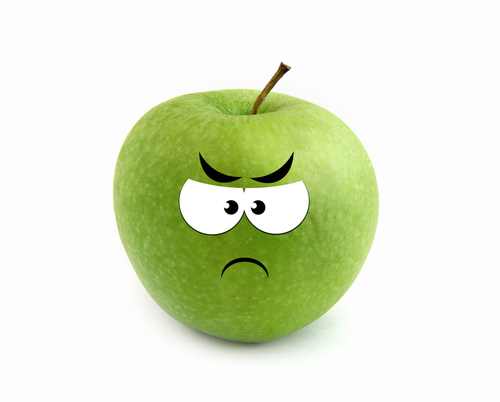Greenpeace Accuses EPEAT Of “Caving In” To Apple

EPEAT Says new MacBook Pro cannot be considered “green”
Greenpeace has issued a statement expressing its disappointment with the decision to keep some Apple laptops on the EPEAT register for environmentally friendly products – “despite clear recycling problems”.
On Friday, EPEAT (Electronic Product Environmental Assessment Tool) verified that Apple’s MacBook Pro with Retina Display met the requirements to obtain a high environmental rating and gain an EPEAT sticker proclaiming its green credentialos, along with four other “ultra-thin” laptops.
In July, Apple withdrew its products from the EPEAT register without offering any explanation. After just a few days, it joined the scheme again, after a storm of customer outrage. Some analysts predicted that even though Apple wanted to get back the EPEAT certification, its ultrabooks wouldn’t pass the technical tests. The problem being that the systems are glued together with industrial adhesive, and are therefore harder to disassemble for recycling.
Updated criteria
During the past several months, EPEAT studied five products by Apple, Lenovo, Samsung and Toshiba, to establish if they can be considered environmentally friendly. The investigation involved extensive independent lab tests and complete disassembly.
 It followed a lengthy review of the EPEAT criteria itself, to ensure that they address “the market direction and design innovations leading toward thinner, lighter products”.
It followed a lengthy review of the EPEAT criteria itself, to ensure that they address “the market direction and design innovations leading toward thinner, lighter products”.
“EPEAT is committed to foster greener electronics and to give purchasers the tools to evaluate green claims,” said Robert Frisbee, CEO of EPEAT. “The system’s rigorous environmental assessment processes result from a powerful stakeholder collaboration that includes purchasers, environmental advocates, government, manufacturer, recycler and academic participants. This latest series of stringent investigations demonstrates the power of that approach.”
According to the organisation, ultrabooks were rated on a number of parameters, including whether they could be upgraded, if tools for upgrading were commonly available, and whether materials of concern including batteries could be easily removed.
It is this last parameter that Greenpeace had a particular issue with. According to the organisation’s IT analyst Casey Harrell, batteries in Apple’s ultrathin laptops are glued-in, and thus non-replaceable. She has also accused Apple of trying to influence the EPEAT standards.
“EPEAT has confused consumers and businesses who want to buy green electronics that can be repaired and will last a long time, and sets a dangerous trend for the burgeoning market of ultrabooks,” said Harrell.
“Consumers will not risk violating their product warranty to change a battery using instructions they don’t have with tools they don’t own, and are sure to conclude that the entire process is too complicated and instead buy a new product. The result will be electronics with a shorter lifespan and more e-waste.”
“Electronics need to be designed so that people can upgrade and repair them as easily as possible. If companies can’t make products that can be easily fixed, they shouldn’t be sold,” she added.
How well do you know Apple? Take our quiz!